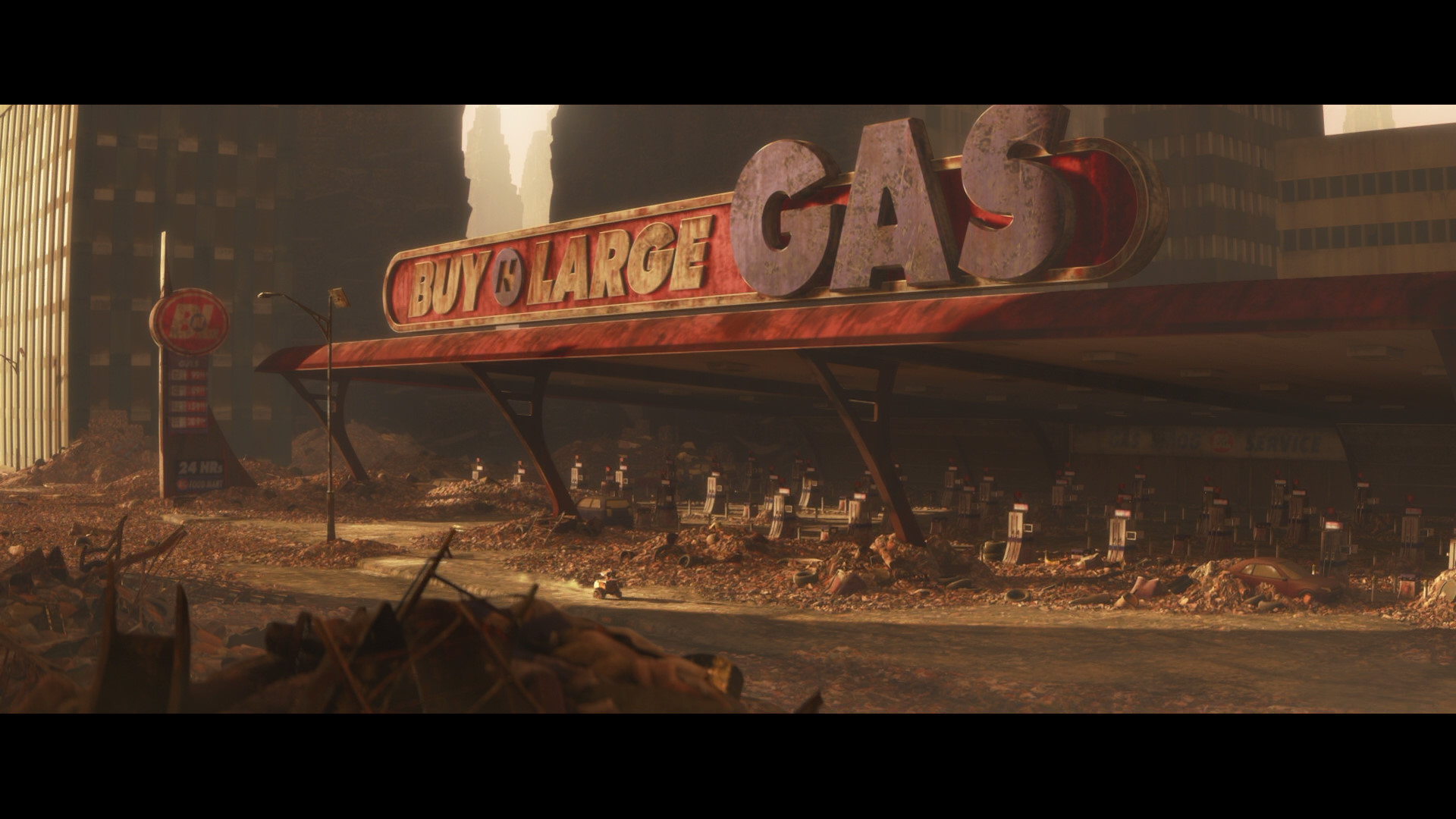My
group’s SAP project idea is to try to organize some kind of electronics
donation drive to provide access to those without. This project works towards
[at least] two different digital media-related social justice issues. The first
and foremost being to deal with the growing “digital divide” in regards to
access:
The importance of
internet accessibility goes without saying for my peers at JCU, and I would
venture to argue that access to the internet is becoming an increasing necessity.
More and more products, services, businesses—therefore job listing and payment
systems for utilities—are relocating to the internet as their main platform.
Think about all of the roadblocks you would hit in your daily life without
internet access.
“Snail-mail” is
being replaced because of how much faster the transit time between writer and
reader is with email [as well as practically nonexistent [direct] cost per message
and the extended options of writing/conveying a message--in unique ways not possible
on written paper]. Without internet access, your email inbox is 100% inaccessible
[except for cached emails, but you still would be unable to send any messages].
Now combine the
previous roadblock with an issue faced by many in our society: unemployment.
The heart of any capitalistic economic theory relies on the purchasing power of
consumers, which will—hopefully—allow consumers to dictate the availability and
types of products and services [and therefore political system, representatives
are said to be “serving” there community] available. Without employment [particularly
once unemployment insurance funds/time run out], people cannot participate in a
capitalistic economy, effectively disenfranchising them of any kind of influence
[especially because of how modern republics act like a boards of trustees and executives,
along with stakeholders, of a company or corporation, which is another issue
itself]. This makes finding employment
extremely important in just the political sense alone, ignoring all of the
other issues with it. Today, of course, finding work requires extensive internet
research, or at least online applications. Yet another roadblock without
internet access.
A third and final roadblock
[but yet still just one of what is likely an endless list of examples] faced by
those without internet access is simply general access to information. Without
the web, citizens in a republic only know what some particular behemoth of
traditional media has decided to publish, be it TV, physical advertisements and
mailers, newspapers, billboards, etc. This undermines the political process of
a republic, leading to voters going to the voting booths just knowing the
latest tag line/talking-point for or against a candidate. This effectively sets
modern republics back to the levels of political corruption that went on in the
US between Reconstruction [~ 1865] to--at least--the Great Depression [1930s]. Radio
and TV temporarily disrupted this, but were quickly subverted via
advertisements and “encouragements” from candidates/parties to media
organizations to run or kill a story. The internet has once again subverted the
corruption spread by creating many nontraditional sources of information and
opinions. This resource though is only as good as the ability to find the
information, which requires accessibility of the internet.
My group and I
know that we cannot provide the internet service itself, but many areas now how
some time of common meeting place where Wi-Fi is available; however, those
places require people to bring their own devices [for the most part]. So
therefore, we want to address the device accessibility issue.
Our project also
attempts to work on the eWaste issue via reusing people’s unwanted/needed
electronics by sending the products to people who have nothing. This keeps the
devices from ending up in some awful “recycling center” in a third-world/global
south country, as shown and described in my earlier posts.
As far as the literature
review goes, my focus is going to be to find studies and info on how the lack
of internet access hurts individuals. I have played around with a few different
search phrases: importance of internet access, necessity of internet access,
benefits of access, and then finally, digital divide. Digital divide is likely
going to be my key search term. Unfortunately, I cannot access a few of the
articles I was interested in because they are either improperly linked or run
into some kind of JavaScript error. That was pretty annoying…
Citation for the Dictionary
"Digital Divide." Merriam-Webster.com. Merriam-Webster, n.d. Web. 24 Oct. 2014. <http://www.merriam-webster.com/dictionary/digital divide>.
-------------------------------------------------------------------------------------------------------------------------
For the record, the dictionary post was not a direct embed, Merriam Webster does not appear to offer that. I used a screen-grabing Firefox extension, and then re-hosted the screenshot on imgur.
Somewhat eWaste Related:
Garbage Planet, Raxus Prime
Another WALL-E like example, and robots making other robots out of discarded technology
http://starwars.wikia.com/wiki/Raxus_Prime
http://starwars.wikia.com/wiki/Junk_droid
The main aspect unique to this source compared to the others I have mentioned is that it is gamefide as a world for Star Wars: Force Unleashed (the first one), so it could act possibly as another way of to experience eWaste.



